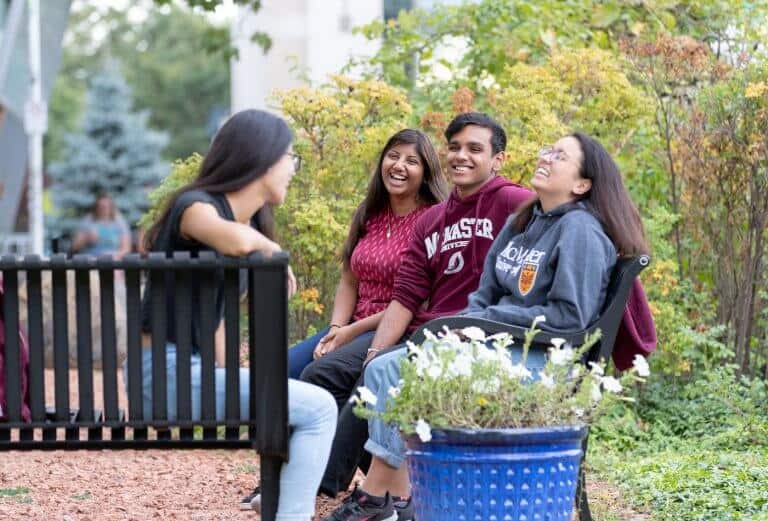International students blocked from career colleges in Ontario, priority given to public post-secondary schools
Published March 27, 2024 at 4:18 pm

Ontario announced the changes on Wednesday following months of tweaks to the international student application framework at both the federal and provincial levels.
The changes would see 96 per cent of all Ontario international study permit applications go to public post-secondary schools with the remaining approvals given to private universities, Ontario language schools and “other institutions.”
Career colleges will not receive any applications, the province says.
In December, Federal Immigration Minister Marc Miller likened some career colleges and post-secondary schools to a “puppy mill” for diplomas and certificates.
International students who begin a program at a publicly assisted college that is delivered through a private partner will not be eligible for a post-graduation work permit starting on May 15, 2024.
Under the province’s new guidelines, international student applications will be allocated to institutions that prioritize programs in high-demand areas including skilled trades, health, human resources, STEM, hospitality and child care.
Schools accepting international students cannot exceed the institution’s 2023 permit levels, and the ratio of international permits cannot exceed 55 per cent of the institution’s 2023 first-year domestic enrolment, exclusive of high-demand areas of study. French-language enrolment will also be prioritized as employers compete for workers with French-language skills.
“The government will work with colleges and universities to support them in standing up and transitioning to programming that is aligned with labour market needs and support Ontario’s economic growth,” the province said in a release.
The province says 22 of 23 universities will keep applications at the 2023 level, while only Algoma University will see a decline from its 2023 applications.
A presentation to Brampton City Council earlier this year showed Algoma University had 8,762 international students between between January 2022 and April 2023, while Kitchener’s Conestoga College had the most new international students with more 31,400 acceptations – more than both the second and third place schools on the list combined.
The push to overhaul Canada’s international student programs started last year when Ottawa more than doubled the funds international students are required to have in their accounts before coming to Canada for study after hundreds of international students were facing deportation in June.
Most of those deportations were scrapped as many students received fake offers of acceptance without their knowledge from a now-shuttered consulting company in India.
A Brampton food bank also made headlines after turning away international students cutting into their supply for those in need like seniors, refugees and people with disabilities. Dozens of students at Brampton’s Algoma University campus recently protested for days saying they were “intentionally” failed by one professor.
The province introduced new international student regulations for Ontario colleges and universities in January, just days after the federal government announced a cap on international student admissions.
Those measures included a review of programs offered by postsecondary institutions that have a large number of international students, a moratorium on new public college-private partnerships, and a requirement that all colleges and universities “have a guarantee that housing options are available for incoming international students.”
Data from the Smart Prosperity Institute has shown there were more than 444,000 international students in Ontario in 2023, accounting for some 54 per cent of all international students in all of Canada and more than all other provinces and territories combined.
INsauga's Editorial Standards and Policies


